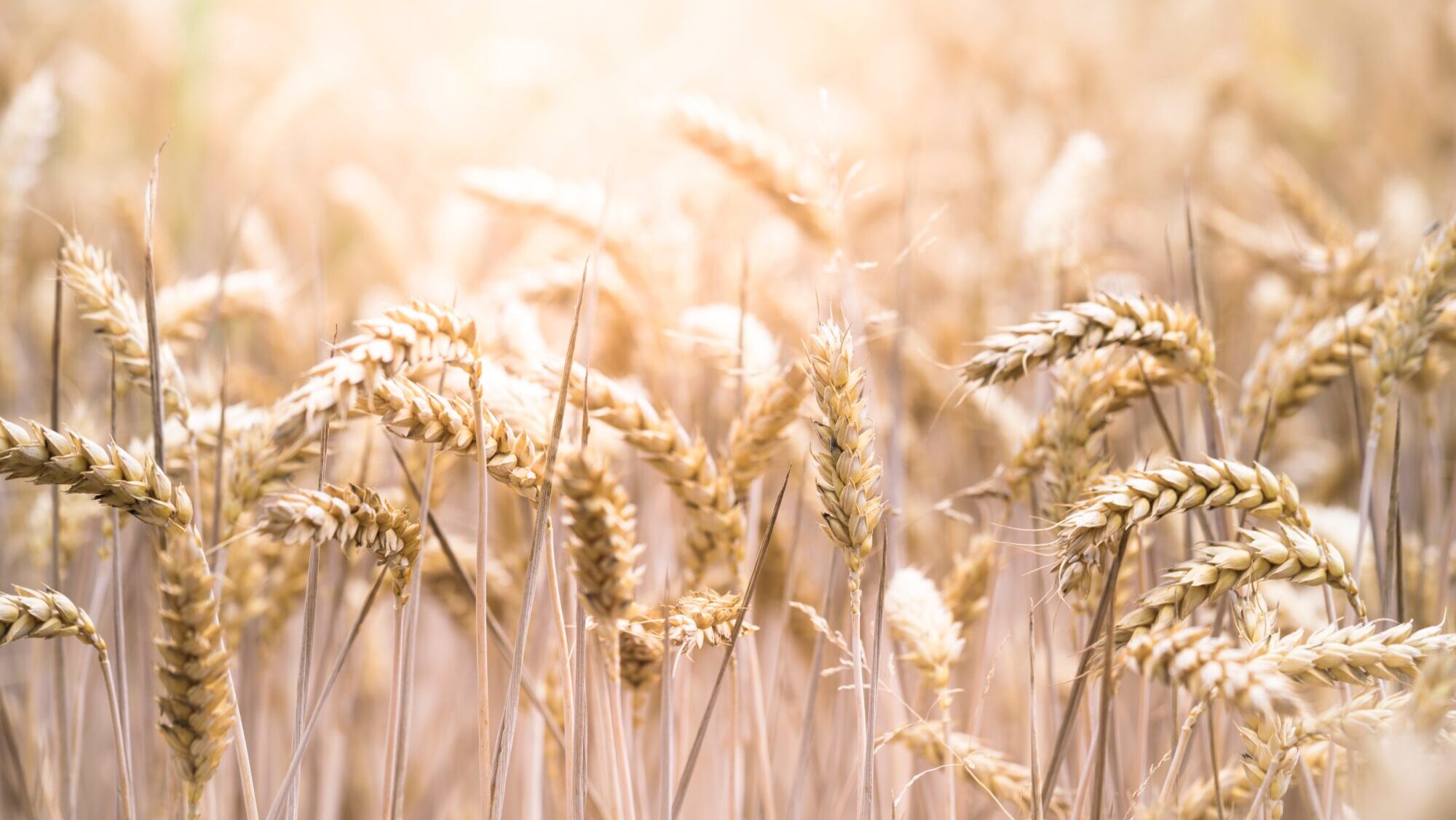
Slovakia has agreed to drop its ban on Ukrainian grain entering the country.
Slovakia’s agricultural ministry announced that it has reached an arrangement with Ukraine to allow imports of wheat and other agricultural products through licenses. This provides a way to monitor and limit the amount of grain that crosses the border, possibly affecting hits Slovakian markets.
Ukraine’s agriculture minister Mykola Solskyi issued a statement on Thursday saying he was discussing the issue with his Polish counterpart Robert Telus.
“The ministers discussed the situation, as well as Ukraine’s proposal for its settlement, and agreed to find a solution that takes into account the interests of both countries,” Solskyi said.
The Slovakian agricultural ministry confirmed an initial accord between the two countries.
“(Ministers) agreed on creating a grain trade system based on issuing and controlling licences,” the Slovak agricultural ministry told Reuters. “Until this system is up and running and fully tested, the ban on imports of four commodities from Ukraine remains in place.”
The Slovak ministry also said that Ukraine had agreed to drop its WTO suit, though Reuters also reports that Ukrainian officials did not immediately provide comment on the issue and that a WTO spokesperson had not heard anything yet about Ukraine withdrawing its complaint.
Ukraine is hoping to reach a similar diplomatic solution with Poland.
“There is no person in Ukraine who would be interested in creating any problems for Polish farmers,” Ukraine’s ambassador to Poland Vasyl Zvarych said in statements to Poland’s state-run news agency PAP.
He also assured journalists that the two countries could reach an accord on grain exports.
Though Poland has been one of Ukraine’s greatest supporters in terms of sending military aid and taking in refugees, Ukrainian-Polish relations became acrimonious in recent days over the grain issue as leaders from the countries exchanged accusations over the grain issue. Polish President Andrzej Duda and Ukrainian President Volodimir Zelensky were supposed to meet at the United Nations climate summit in New York this week but didn’t. Duda told journalists that he still considered Zelensky a friend, despite the present tension. He told the PAP that he would talk with Zelensky as soon as he had the opportunity.
On Thursday, when the Ukrainian-Slovak deal became public, the European Commission hinted at the possibility of starting legal proceedings against member states that continue to uphold restrictions. A spokesman for the Commission said,
The Commission, at one point, reserves its rights, if necessary, to launch an infringement procedure against those countries that have introduced unilateral bans. We’re not at that point yet.
With the Black Sea blockaded by Russia, approximately 60% of grain from Ukraine, one of the world’s top agricultural exporters, has moved by overland routes through five eastern EU member states.
